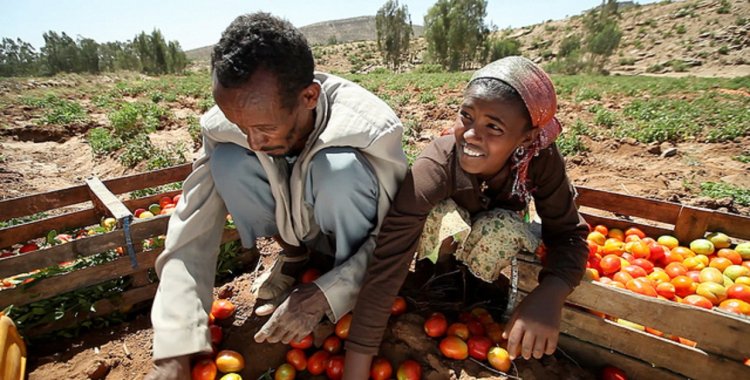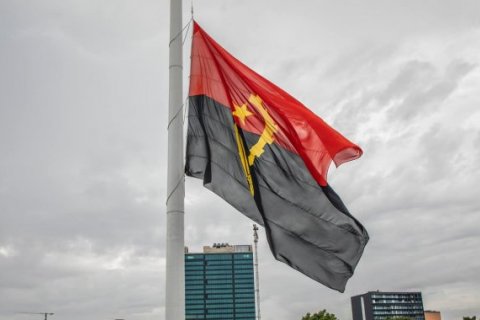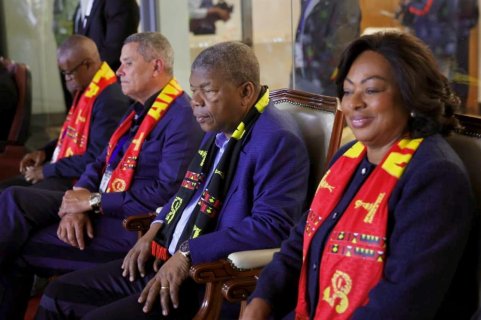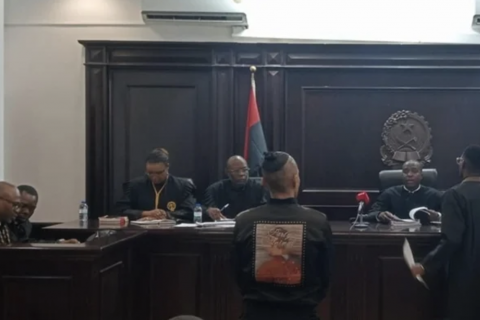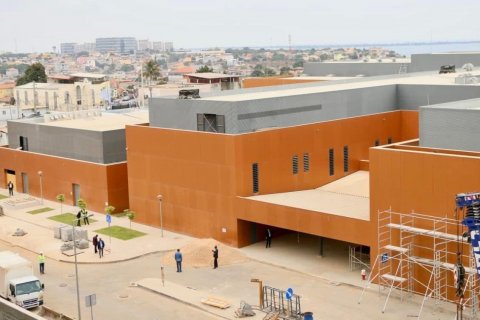The information is contained in the final communiqué of the Council of the Republic, chaired by President João Lourenço, which took place this Wednesday in Luanda and focused on the issues of food security and insufficient national production, which the head of the executive encouraged to increase.
Two thousand motor cultivators or traction equipment are also being made available to cooperatives on a credit basis, via the Fund for Support to Agricultural Development.
In the area of complementary food security actions, the expansion of social monetary transfers (Kwenda programme, supported by the World Bank) is planned, increasing from the current 1.6 million households to 2.2 million by the end of the five-year period, according to the communiqué.
Agricultural Campaign Credit is also available, via commercial banks, and the mechanism of sovereign guarantees to support production has already been regulated.
The National School Feeding Plan aims to establish a School Feeding Programme, particularly in rural areas, and to create a National Observatory to monitor the evolution of food security in Angola.
“Developing solidarity actions, stimulating and encouraging volunteering for social actions aimed at creating and maintaining a permanent food bank to support the most vulnerable citizens, allowing the beneficiary base to be expanded to 500,000 people”, is another of the objectives.
The advisors, 23 personalities who are part of the advisory body to the President of the Republic, also made suggestions such as intensifying agricultural training programmes in the media, especially on television, facilitating access to microcredit, creating agricultural parks with equipment for shared use by producers, and creating a working group to begin studying a necessary review of the Land Law.
The statement also highlights the actions taken by the Executive to ensure food security in the country, including technical support for around 1.2 million farmers to increase productivity levels and the development of infrastructures such as the Cafu Canal, Ndúe, Calucuve and Cova do Leão Dams, in the south of the country.
The Programme for Strengthening Resilience and Food and Nutrition Security in Angola is also being implemented in the south, which aims to reduce hunger and poverty and has benefited around 600,000 people in the provinces of Cunene, Huíla and Namibe. 1.6 million families also benefited from cash transfers and 32,000 families received basic food baskets.
In terms of financing, actions were taken such as: support in accessing financing via Community Funds; institutionalisation of agricultural credit and guaranteed minimum price; strengthening the public guarantee system for access to commercial credit, through the Credit Guarantee Fund and the National Treasury (Sovereign Guarantees); and boosting light agricultural mechanization.

